Content CoveredThe Kinematic Equations are the bread and butter of solving motion problems in physics when constant acceleration is present. I teach my students that if you know 3 variables, you can always find the other two as long you can select the proper equation. We have found that it helps to make this table together to help show that each of the kinematic equations can be used to solve in different scenarios. Since the acceleration due to gravity at earth's surface is a constant, you can plug this acceleration into any of these equations to solve for unknowns like the height of a building or the time of freefall. For this particular activity, students will come to the same conclusion whether they use g = 9.81 m/s², g = 9.8 m/s², or g = 10 m/s². Lesson StructureThe heart of this lesson is all about motivating students to work productively in a group setting. In my class of 30 students, I had students in groups of 5 but this could easily be modified to work with smaller groups as well. I wouldn't recommend getting larger than 5 or students will have a hard time contributing to their group. Setting the Stage - [3 min] Hand out “There’s Been a Crime!” and Clue #1 papers, one of each per group
Outline the Objective – “Who destroyed Wilma Wilshire’s priceless antique vase?” - [5 min]
Clue Time - [10 min]
Pulling it Together - [25 min]
Conclusions - [10 min]
The Answer - [0-5 min] Depending on how students do with the task, you can end the period (or start the next period) by going over the solutions together as a class. If most groups get to the at least one of the solutions, it is usually best just to let the task naturally conclude with their conclusions. A teacher revealing the answer sometimes disrupts the feeling of personal discovery and solving a mystery.
Materials Needed
FilesBelow are the files for the clues and supplementary materials. Please use and share freely for non-commercial purposes. If you have any questions or ideas, leave a comment below :)
Comments
|
Joe CossetteFather, Physics Teacher, Knowles Fellow, Friend, Techie, and Musician Blog Posts |
||||||||||||||||||||||||||||||||||||||||||||||||||
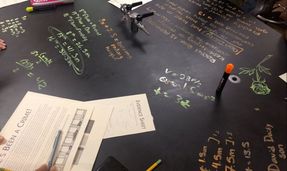
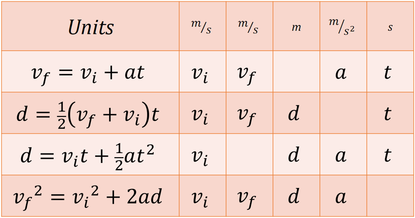
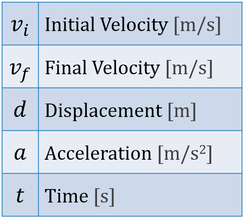
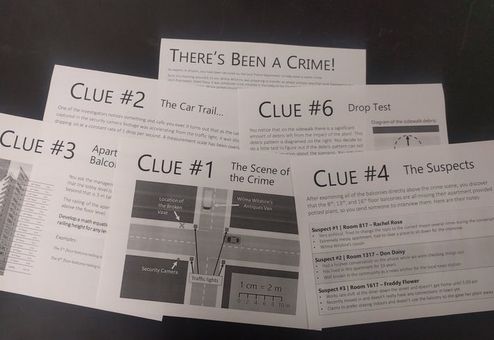
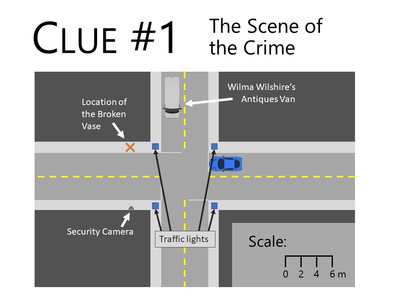
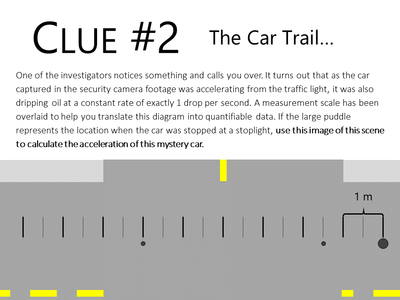
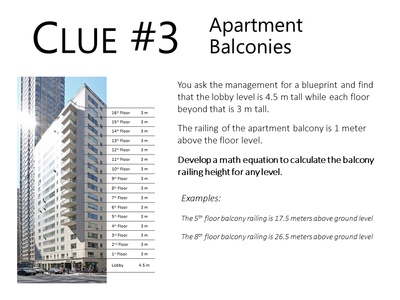
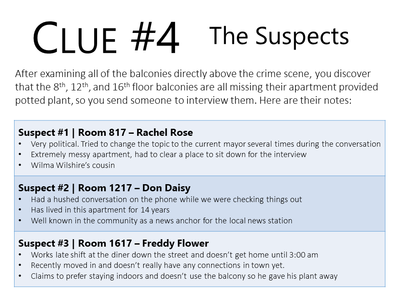
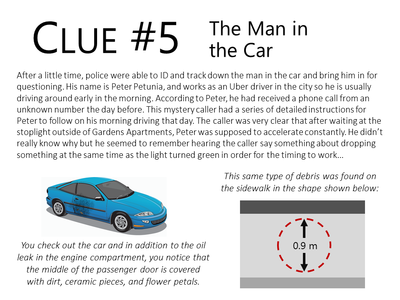
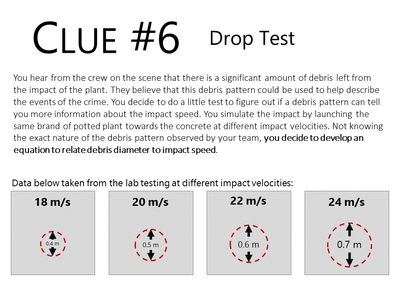
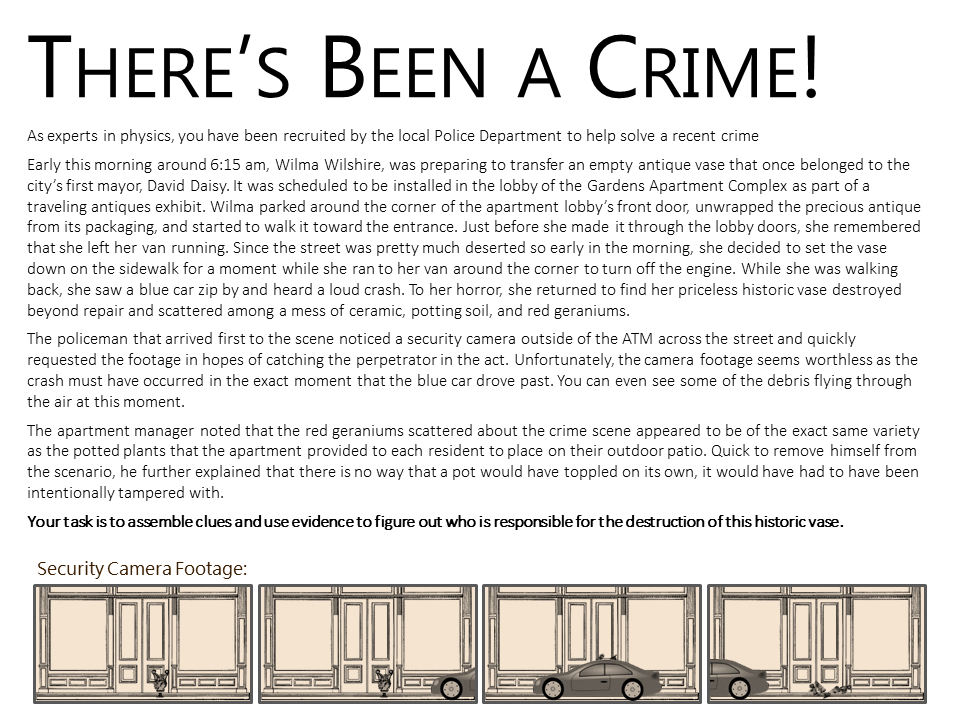
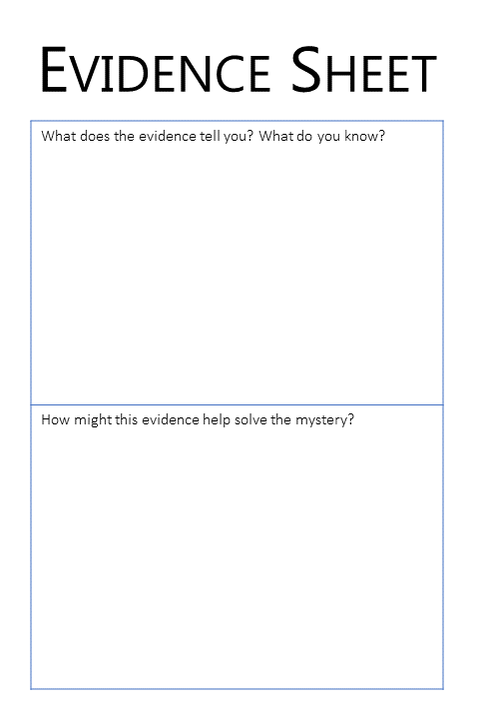
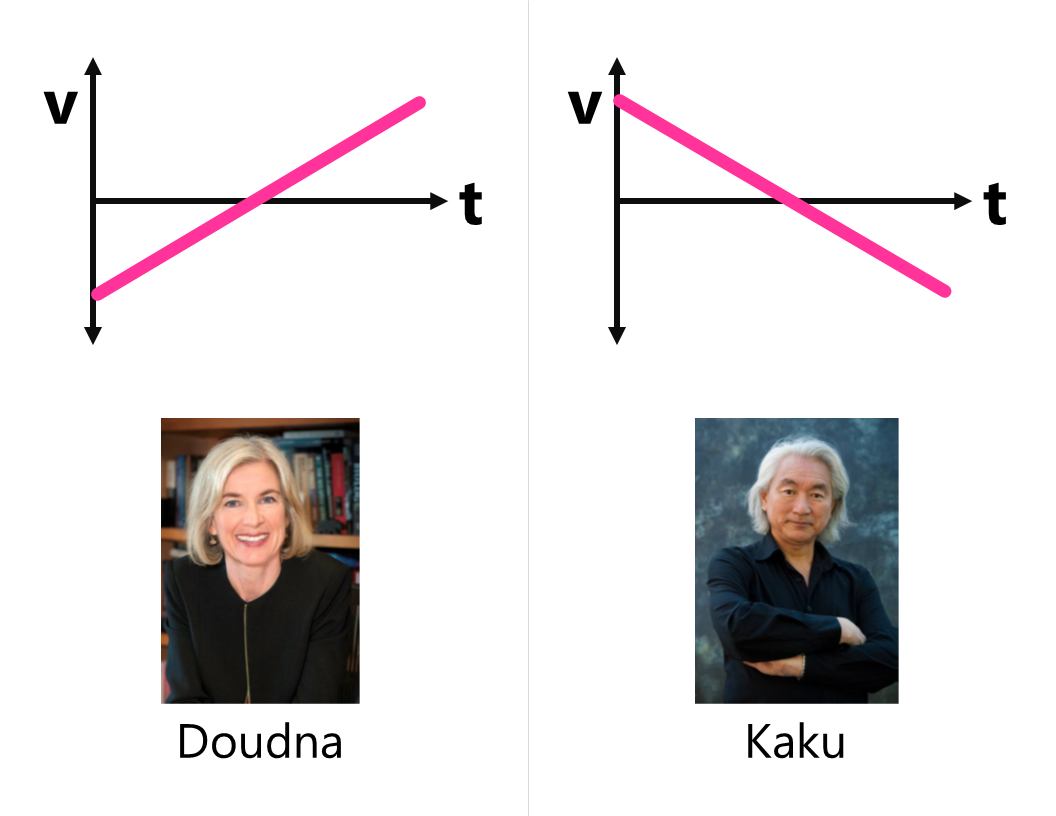
 RSS Feed
RSS Feed

